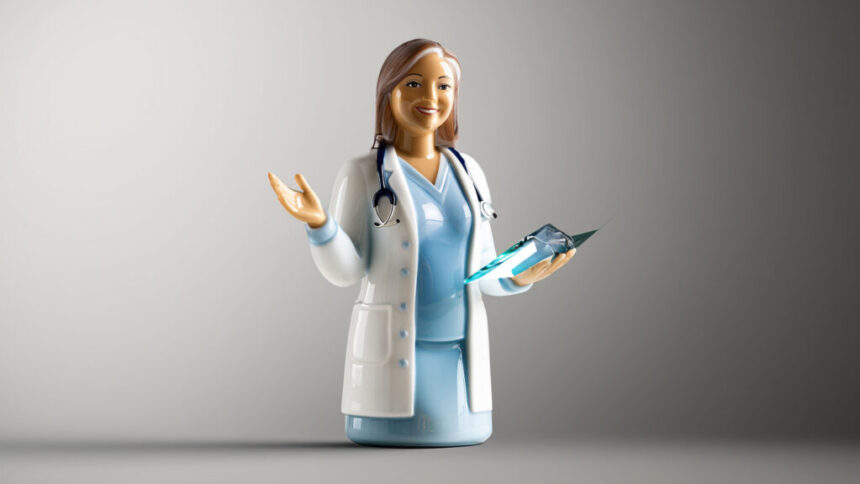The Fascinating World of Embodiment
Embodiment is a concept that continues to amaze us with its intricacies. Take, for example, V.S. Ramachandran’s mirror box therapy, which effectively alleviates phantom limb pain by using a simple mirror. This innovative approach to pain management has captivated many, including researchers studying mice who can recognize an artificial limb as their own. The study of embodiment opens up new possibilities and challenges our understanding of the mind-body connection.
Republicans Offer Pay Raise to Physicians Amid Medicaid Cuts
As discussions around potential cuts to Medicaid intensify, lawmakers are approaching health care interests to either support or oppose these cuts. Republicans are dangling a tempting offer to physician groups – a pay raise from Medicare – in exchange for their silence on the Medicaid cuts that could impact millions of Americans. On the other hand, Democrats are urging lobbyists to speak out against the cuts, highlighting the potential harm to both providers and patients. The political maneuvering around Medicaid cuts underscores the complex dynamics of healthcare policy and advocacy.
Divergent Approaches to AI Strategy by NIH and FDA
The National Institutes of Health (NIH) and the Food and Drug Administration (FDA) are taking different paths when it comes to integrating artificial intelligence (AI) into their operations. While the FDA recently rushed the release of an AI tool, the NIH is seeking public input on its AI strategy, recognizing the importance of AI in advancing scientific research. The NIH’s emphasis on transparency and trust in AI applications sets it apart from the FDA’s approach. The evolving landscape of AI in healthcare underscores the need for thoughtful and strategic planning in its implementation.
Challenging Notions of Genetic Ancestry and Race
A groundbreaking study involving over 200,000 participants has revealed that self-reported race is not a reliable indicator of genetic ancestry. This finding challenges long-held assumptions about the relationship between race and genetics, with implications for research on health disparities. The study sheds light on the complex interplay between genetic diversity and racial categories, prompting a reevaluation of how we approach research on human populations.
GLP-1 Drugs and Eye Disease Risk
New research suggests that individuals with diabetes taking GLP-1 drugs may face a slightly elevated risk of developing age-related eye diseases. While these medications have shown benefits in managing blood sugar and weight, concerns about potential side effects, including eye problems, have emerged. The study underscores the importance of monitoring and managing the risks associated with commonly prescribed medications to ensure patient safety.
Taurine and Aging: Separating Fact from Fiction
A recent study has cast doubt on the use of taurine as a biomarker for aging, challenging previous claims about its anti-aging properties. Taurine, found in energy drinks and often touted for its health benefits, may not be as reliable as once thought. The study’s findings highlight the complexities of aging research and the need for robust scientific evidence to support claims about longevity and health.
Legal and Health Risks of At-Home Sexual Assault Kits
The FDA’s approval of at-home cervical cancer screening tests has reignited debates over the legality and safety of at-home sexual assault kits. These kits, designed to empower survivors to collect forensic evidence independently, have sparked concerns about accuracy, quality control, and support services. The intersection of healthcare, technology, and legal issues in the context of sexual assault evidence collection underscores the need for careful consideration and oversight in patient-driven healthcare initiatives.
Exploring the Latest in Health and Medicine
- Breakthrough in HIV cure research leaves scientists amazed – The Guardian
- Decoding the ideology behind Elon Musk’s unconventional strategies – Mother Jones
- Tim Walz challenges RFK Jr on children’s health misinformation – The Independent
- Debating the use of stem cell treatments in medical innovation – New York Times
- Examining the prevalence of ADHD in society – Bloomberg








